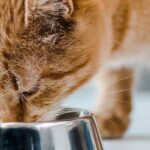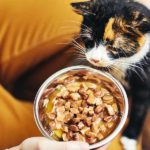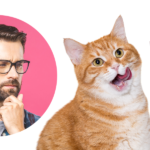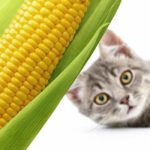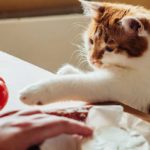This guide is about feeding adult cats. If you have a new kitten in your life, you need one of our kitten guides. You can follow this link to … [Read more...]
Is Homemade Food Better For Cats: Pros, Cons, And Safety
Homemade cat food is growing in popularity. It allows you to decide exactly what your pet is eating, and monitor their calories and nutrition … [Read more...]
Can Cats Eat Chocolate? – A Complete Guide To Cats And Chocolate
Can cats eat chocolate? No. Chocolate is toxic for cats if they consume too much. Chocolate contains the ingredients theobromine and caffeine. Both … [Read more...]
Can Cats Eat Corn Or Is It A Recipe For Disaster?
Can cats eat corn? Many dry and canned cat food manufacturers actually use corn as a filler since it’s much less expensive than animal muscle meat. … [Read more...]
What Human Food Can Cats Eat Safely and Healthily?
What human food can cats eat safely? Are there any risks involved with giving cats food made for humans? We take a look in this guide. My roommate … [Read more...]
